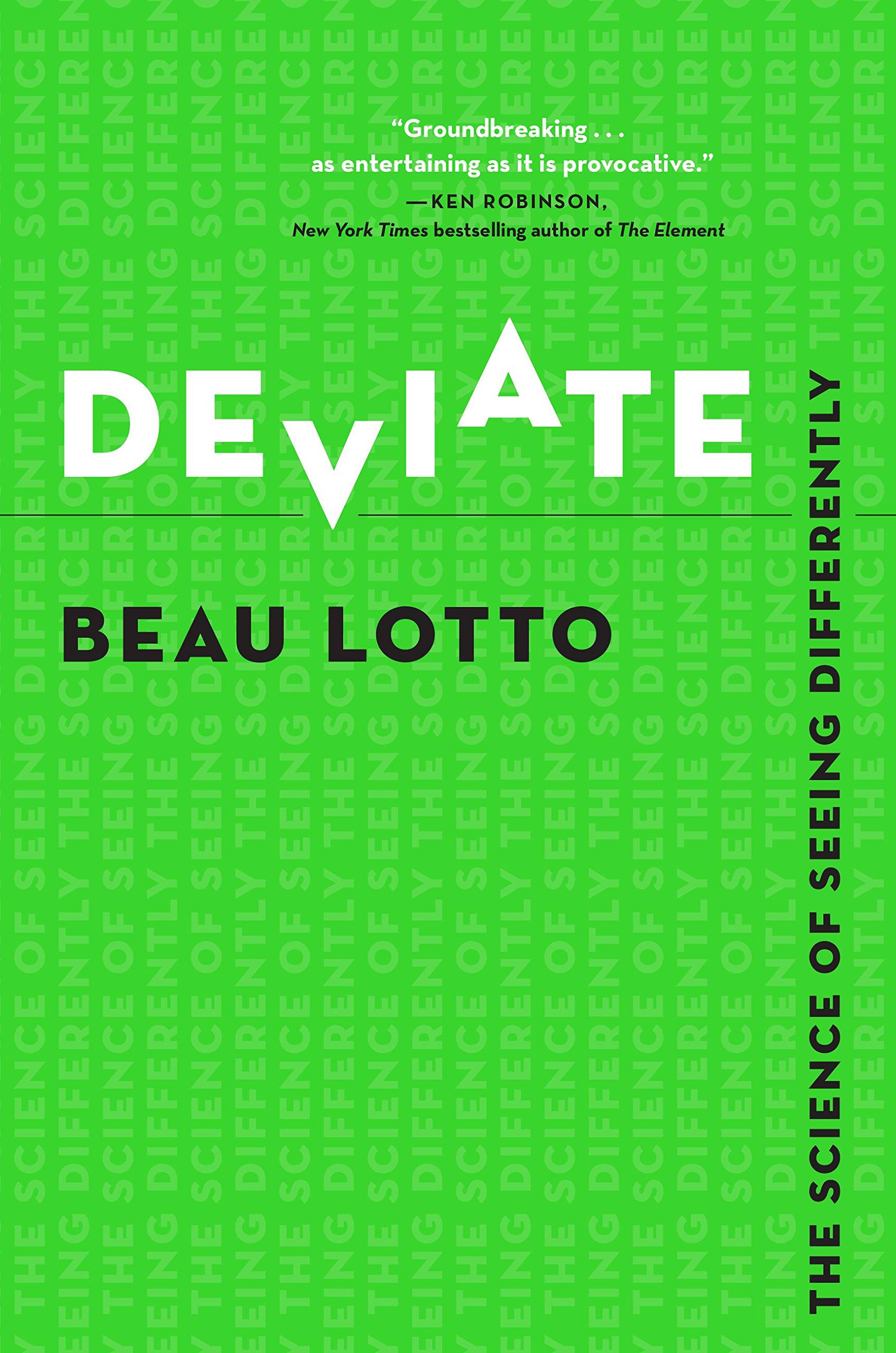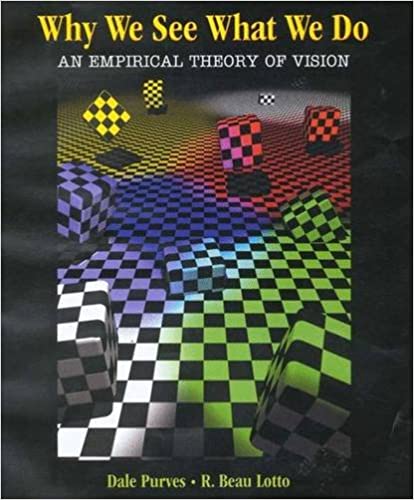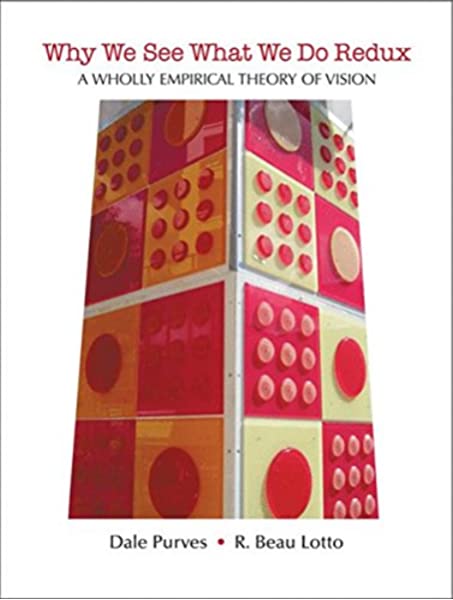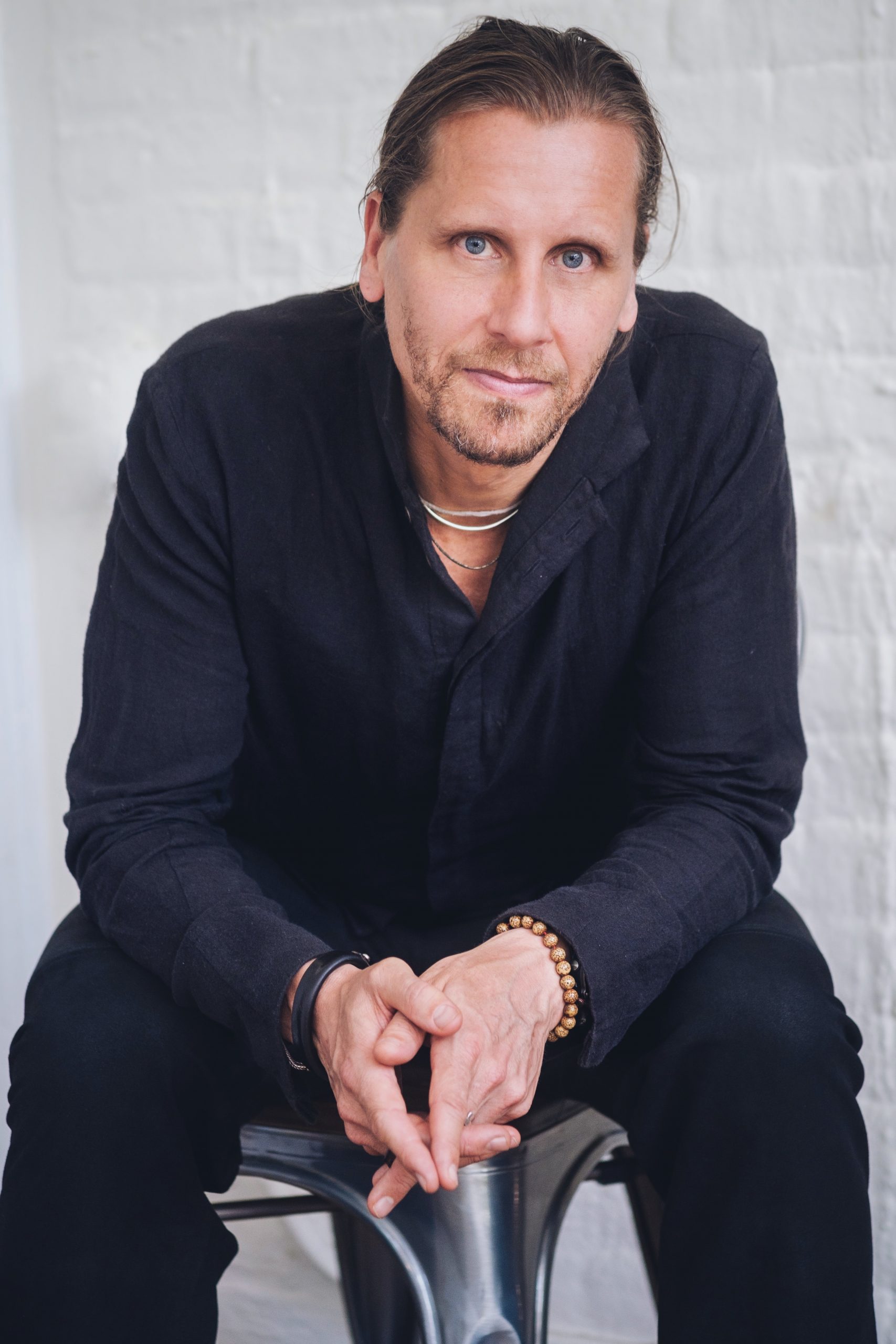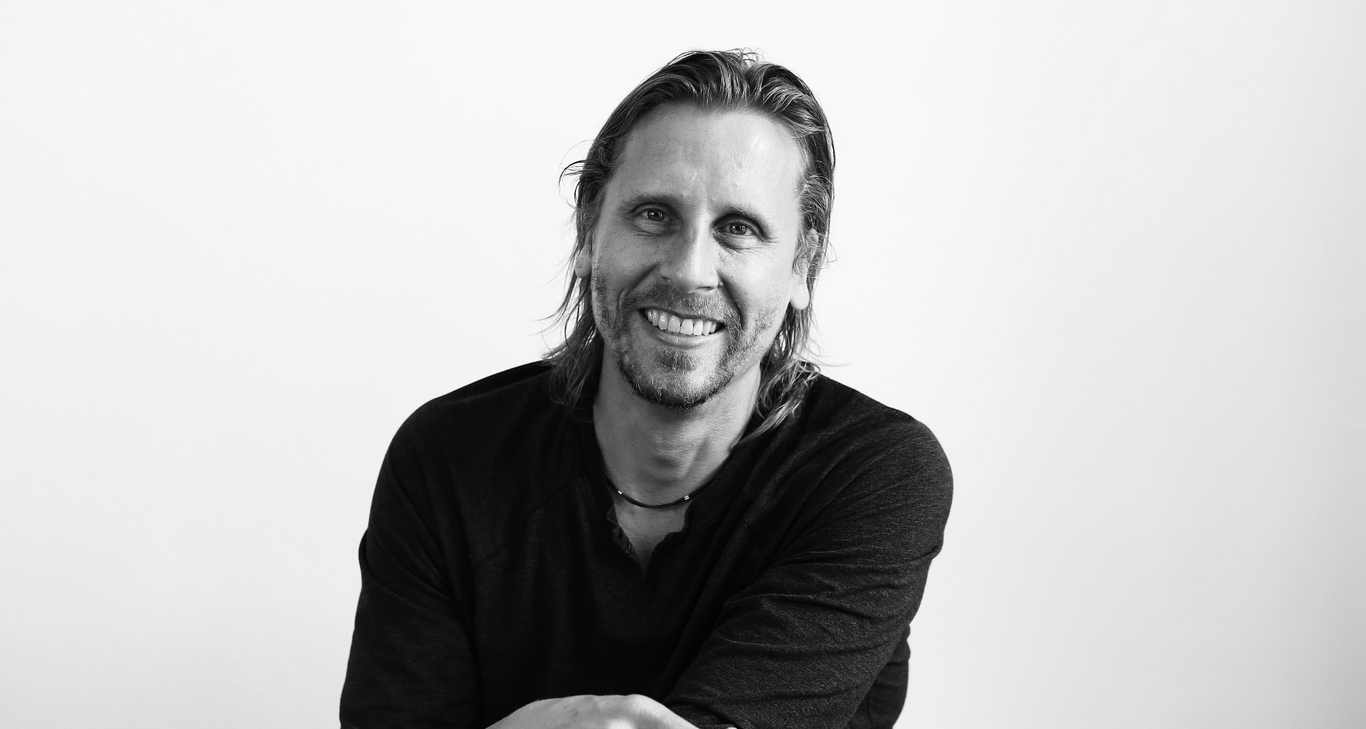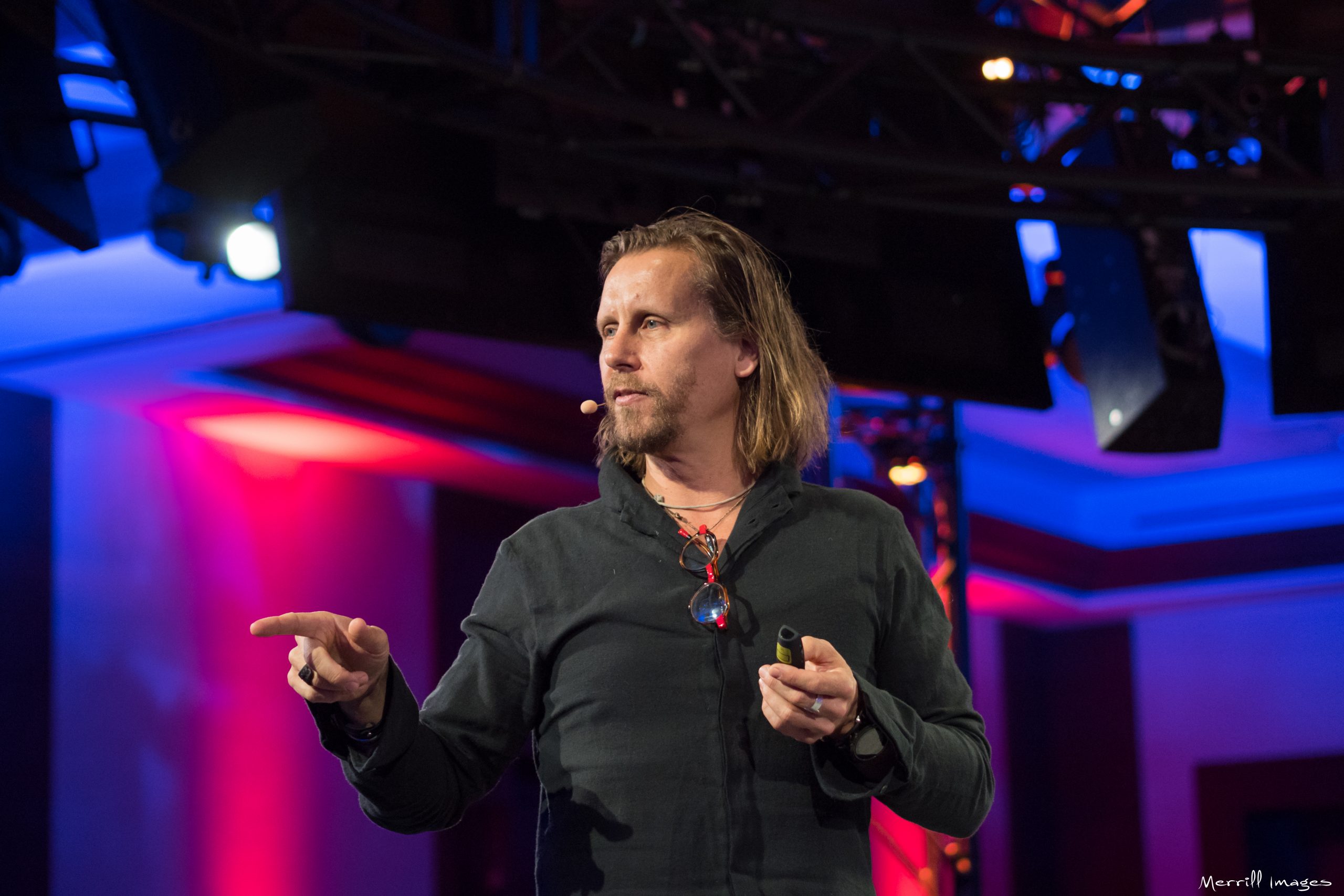Biography
The only way to thrive in a rapidly changing world is to change with it. We know that. But the biggest barrier is in our heads. Neuroscientist and entrepreneur BEAU LOTTO shows why adapting –moving from A to B –means first moving from A to not-A. We needto let go of the assumptions and beliefs that keep us from seeing the world differently. A world-renowned expert in the science of perception, Beau reveals why trading certainty for doubt increases our capacity to adapt, lead, innovate, and thrive in the darkness of “I don’t know.”
A professor with deep academic credentials and critical scholarly works on the subject, Beau is also founder and CEO of two companies –Lab of Misfits, the world’s first neuro-design studio, and Ripple, which holds several highly influential patents in Augmented Reality (AR). A three-time mainstage TED speaker with over 9,000,000 views, Beau has spoken around the world, delivering totally unique, visually stunning, interactive, and fun presentations that help people act differently in the face of change. His message is an ideal conference kick-off –providing powerful, positive, creative context that sets a tone for the content and collaboration that follow. Beau’s latest book is Deviate: The Science of Seeing Differently.
Born in Seattle, Beau Lotto earned his bachelor’s degree at the University of California, Berkeley in 1991. He then moved to Scotland, where he earned his PhD in Neuroscience from University Medical School, Edinburgh in 1994. He remained in Edinburgh for his first postdoctoral fellowship (with Professor David Price), and then moved to Duke University for his second fellowship, where he was mentored by Professor Dale Purves.
Beau was a professor at University College London for 20 years, and is now a professor at University of London, as well as a visiting scholar at New York University. He has mentored over 30 undergraduate, masters, and PhD students, as well as postdoctoral fellows.
In 2001, Beau Lotto founded the Lab of Misfits Studio, the world’s onlyneuroperception creative studio that is also a real neuroscience lab. The Lab’s goal is to foster adaptability and creativity. Their unique process of experiential experiments unites neuroscience expertise and measurement with digital technology and immersive design. They study humans “in the wild” -in theaters, public spaces, even across entire cities -using a combination of digital, virtual, and physical techniques and neuroscientific methodologies. By unveiling the essential truths that drive human decisions, their work deepens connections and creates innovations. Pragmatically, their insights are scientifically unique and quantified, commercially valuable to thestakeholders, and emotional and actionable to public audiences. They have since created public experiences around the world, including London’s Science Museum, Hayward Gallery on London’s South Bank, and a public art installation in London’s famous Silicon Roundabout. Their past clients include Cirque du Soleil, L’Oreal, Asurion, Microsoft, Edelman, The UAE’s Crown Prince’s Court, and others. Lab of Misfits currently powers the neuroscience offering at Burson Cohn & Wolfe, one of the world’s largest public relations and communications firms.
Beau and his Lab have published over 70 peer-reviewed articles across multiple disciplines, including augmented and virtual reality (indeed, their involvement in the EU consortium of labs defined “presence” in the VR space), human perception, physiology, molecular and cellular development, animal (includinghuman) behavior, digital music, graph theory, complex systems theory, computational evolution, artificial intelligence, architecture, theatre and design. His science lab received funding from a wide range of institutions including the Wellcome Trust, the Leverhulme Trust, and other scientific research funders.
Beau is also CEO and founder of Ripple Inc, which holds five highly influential patents in Augmented Reality (AR) with two further patents pending. Using its technology and exclusive patented IP, the Lab creates digital platforms and custom, proprietary digital interactions that layer the world with immersive digital content. Examples include the GPS-based AR apps Traces, Acoustigram, and W_nder, all of which focus on location-tied storytelling, adding a layer of meaning to the world that has hitherto been impossible.
In addition to TED, Beau has spoken at the G8, Google’s Zeitgeist, Wired, World Economic Forum, Cannes Lions Creativity Festival, Burning Man, and the Oslo Freedom Forum, among many others. He has contributed to television, radio and podcast programs by the BBC, National Geographic, HBO, Wharton on Business Radio, and PBS. He is a frequent keynote speaker at major corporations including J&J, Warner Music, Universal, Viacom, Sainsburys, Microsoft, Google, Apple, and the UAE’s Crown Court, where he speaks about the fundamental barriers to thriving in uncertainty and how to overcome them.
“Once you understand how perception works, you can’t help but see yourself in the world in a different way and engage in it in a different way,” says Lotto, who is author of three books: Why We See What We Do, Why We See What We Do Redux, and Deviate: The Science of Seeing Differently. He received the Josef Albers Prize for Disruptive Innovation at the Tribeca Film Festival in New York, and was the first Creator in Residence at Viacom.
Videos
How Your Brain Deceives You
Speech TopicsExpand each topic to learn more
One of the most dangerous things one can experience in life is doubt. During evolution, if your ancestors weren’t sure whether that ‘thing over there’ was a predator, well … it was too late for them. Thus, we hate doubt … and that’s usually a good idea (throughout evolutionary history).
We are genetically programmed to do so: Sea-sickness, and indeed most of our mental health problems being direct manifestations of our fear. The deep irony, however, is that nothing interesting begins without it. So taking the risk to step into uncertainty is an essential aspect of adaptation, which we know is at the root of success in all natural systems. What’s more, nature also tells us when it’s best to risk uncertainty. So how to deal with uncertainty is the fundamental problem that your brain evolved to solve. Here we discuss in a highly experiential way how and why everything is uncertain, and nature’s solution to it.
The future is unknown. It always has been and always will be. Whether technological innovation, wars, climate change, voting … or a pandemic, every decision an organisation and leader makes is, in one way or another, directly related to uncertainty.
In nature, the most successful systems do not just adapt, they are adaptable. Indeed, adaptability is the ‘skill’ most sought by leaders and organisations. To adapt requires stepping into uncertainty. Adapting to uncertainty is born out of a way of being … a practice … that one engages in every day at work, at home with one’s children, with one’s partner, friends, with the cashier in the grocery store.
Only by understanding how and why you see what you do can you adapt to and lead others into uncertainty. Becoming perceptually intelligent in conflict enables leaders and their teams and organisations to succeed when others fail.
There is no inherent value in change. Whether change is good or bad is – like everything else in life – context-dependent. Here, using principles in behavioral and perceptual neuroscience, we’ll explore what lives at the heart of change: why it’s often essential for success but equally the most feared of human activities. Indeed, to ask ‘why?’ is historically the most dangerous thing you can do. Hence, organization, businesses, religions and even our education systems are designed to reduce question-asking. And yet all revolutions (and revelations) begin with a joke (“you mean it could be different from this?”).
See how and why questions and metaphor are mediators of change; what makes a good question; and how change – when properly pursued – has no direction or goal. Which means change is personal and – when properly considered – inevitable.
What makes a good leader? When asked this question of a diverse audience, I’ll receive many different possible qualities that are ‘essential’. And yet, there are only three such descriptions that correlate with the success of a company. What are they and why do they matter?
Here we will address these questions from the perspective of behavioral neuroscience, and consider a new answer: the quality of a leader is defined by how he/she leads others into uncertainty.
There is no inherent value in any piece of information! Data is meaningless. Why? This is because the brain deals with meaning and not information since information doesn’t tell you what to do. In fact, THE fundamental challenge that the brain evolved to solve is to take meaningless data and make it meaningful. This is true even at the most basic level of our senses: seeing light. Which is why we never see the world in any direct sense. Instead what we see is the meaning of information grounded in our personal, cultural and evolutionary histories. And it’s the historical meaning of stuff that we literally see, experience and know (not the stuff itself).
Here we’ll explore – and experience – how to see new meaning in data that has always been there, but remains hidden. The result will be an understanding of the principles by which the brain makes the meaningless meaningful.
Testimonials
For Meeting Planners
Blog Posts
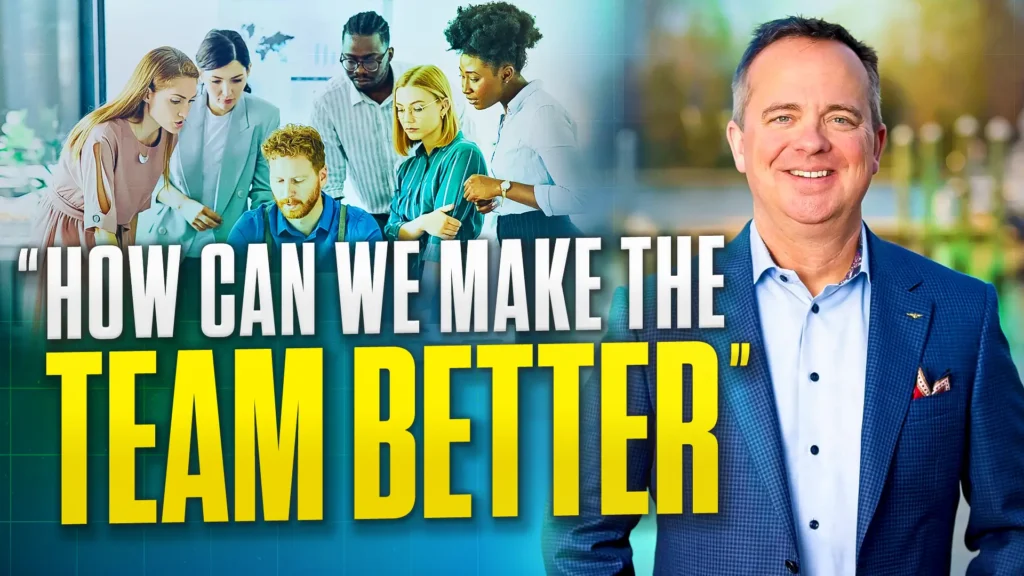
Confidence Without Vulnerability Creates Teams That Never Improve
Can ego and vulnerability coexist in teams that actually win? Most leaders think they have to choose. Either you build confident people who believe they're excellent, or you create humble people who accept feedback. Either...
Read More
Financial Planning in 2026 Requires a Clear Strategy
Have you noticed that the internet has never given more financial planning advice than it does right now? That's actually the problem. Your feed has become a 24/7 trading floor of hot takes. "Buy this."...
Read More
Crisis Leadership Lessons from September 11 Reveal Everyday Resilience
What if the most powerful crisis leadership lesson from September 11 isn't about the decisions made in underground bunkers, but about the farmers, truckers, teachers, and everyday workers who make heroic responses possible? After sharing...
Read More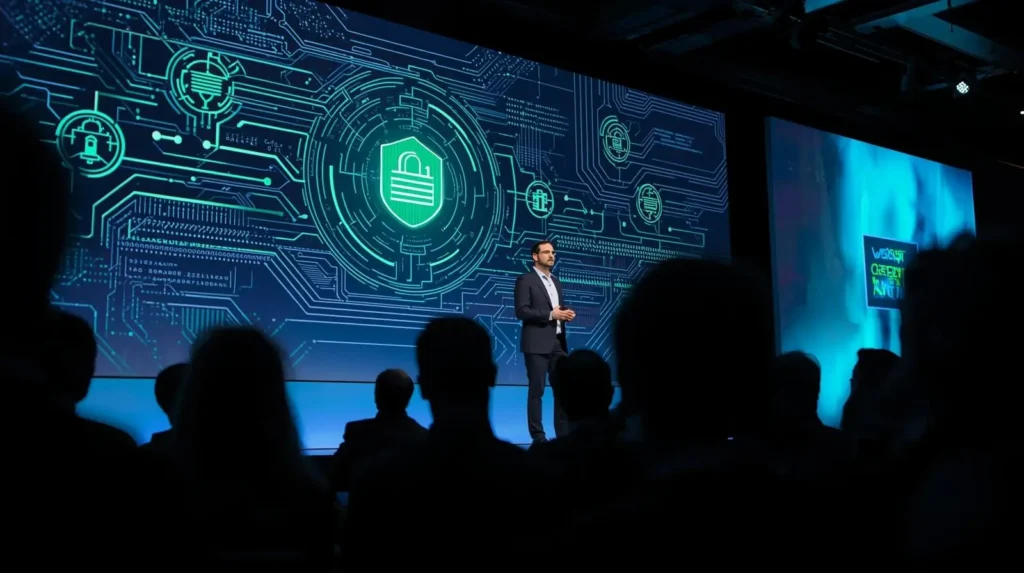
Best Artificial Intelligence Speakers for Cybersecurity Conferences (2026 Guide)
Quick Links Artificial Intelligence Speakers Healthcare Keynote Speakers Top Technology Speakers Innovation Speakers Leadership Speakers Future of Work Speakers Get Proposal (availability & fees) If you’re searching for the Best Artificial Intelligence Speakers for Cybersecurity...
Read More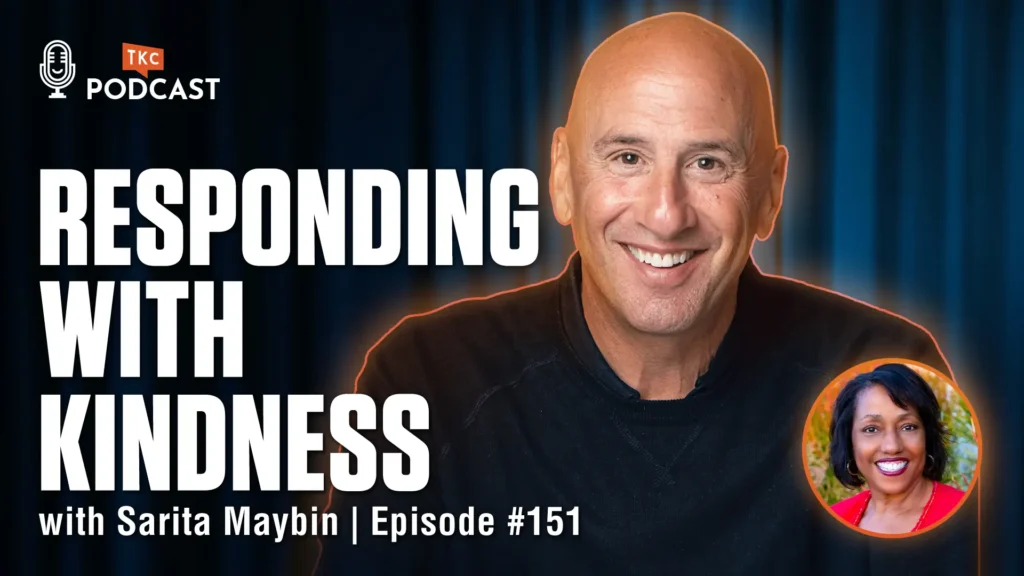
Communication Strategies from Sarita Maybin that Transform Workplace Conflict Into Collaboration
Why Your Team's Real Problem Isn't Strategy—It's Communication When was the last time a workplace conversation went sideways, not because of what was said, but how it was delivered? Most organizations pour resources into strategic...
Read More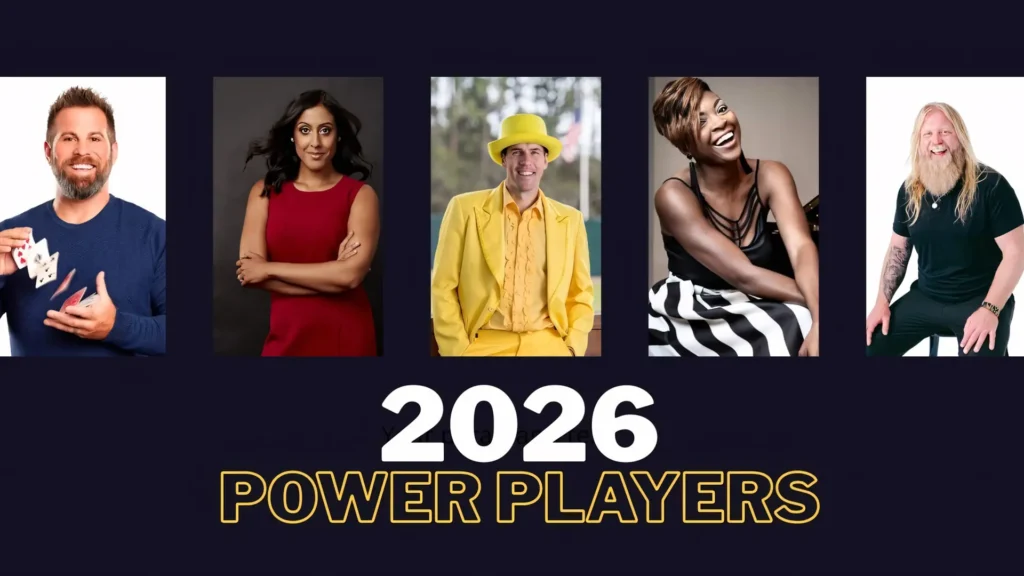
The 2026 Keynote Speaker Lineup That Creates Real Momentum
If you're looking for a sign to power start your 2026, here it is: this is the year you stop negotiating with your potential. January arrives packed with goals, spreadsheets, and ambitious plans. However, goals...
Read MoreRelated Attitude Speakers
Get in TouchContact US
Fill out the form so we can best understand your needs.
A representative from The Keynote Curators will reach out to you.

